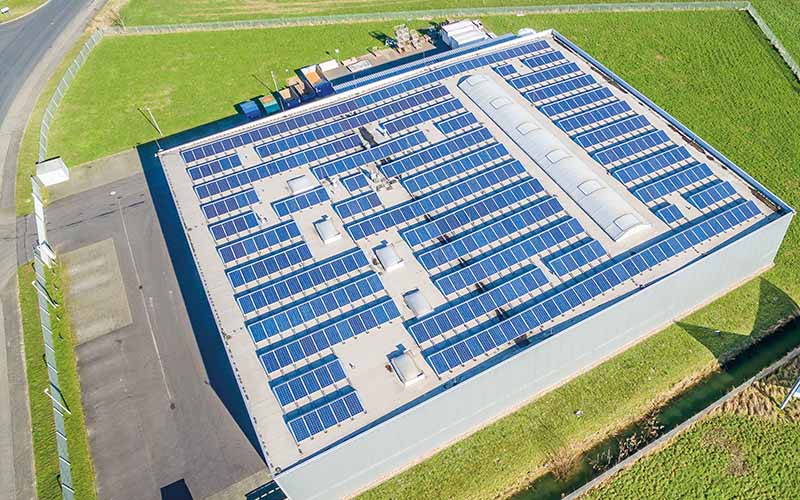Greenhushing must not impact sustainable action
LRQA, a leading global assurance partner, has warned that food and beverage organisations must not lose focus on their sustainability targets amid claims of ‘greenhushing’ expected to rise this year.

LRQA, a leading global assurance partner, has warned that food and beverage organisations must not lose focus on their sustainability targets amid claims of ‘greenhushing’ expected to rise this year.
Greenhushing is the term given to organisations who are hesitant to share progress on sustainability goals to avoid external scrutiny. It is expected to rise up the agenda for some organisations, as scrutiny increases on sustainability statements.
For example, it was recently reported that the EU plans to crack down on inflated claims around products’ environmental credentials through the introduction of ‘proportionate’ penalties. With accusations of greenwashing being likely to increase as punishments are formalised, LRQA is encouraging organisations to relieve any concerns about sharing updates by adopting independent verification to inform progress against sustainability goals.

Heather Moore, Technical Director for Sustainability at LRQA, said: “While greenhushing may seem like a viable option to avoid any potential external scrutiny, it could have a detrimental impact on our collective progress towards a more sustainable future. Organisations have a big role to play in achieving global sustainability targets. As such, they need to feel confident when speaking about progress, so they can share their wins and losses and learn from each other. Third party verification is one way to regain confidence when communicating progress, as it helps to prove the improvements being made.”
According to LRQA, the role of independent verification and certification frameworks will be key to demonstrate more transparent and accurate sustainability commitments, in turn reducing the risk of being criticised for a lack of progress or misrepresenting data. ISO 14064, for instance, is a standard for greenhouse gas accounting and verification for organisations looking to quantify and reduce emissions, helping companies hit projected greenhouse gas reduction targets.
Together with verification from independent third parties, following such standards can help ease the pressure facing organisations and avoid the need to adopt greenhushing processes, as Heather Moore explains: “Greenhushing may be on the agenda for some organisations this year, but it could have a detrimental impact on long-term global sustainability targets. The best way to safeguard sustainability objectives is through independent third-party verification, as it ensures that companies can accurately keep on track to meet their goals. That way, organisations can be safe in the knowledge they are on the best path to success, creating greater transparency and trust with key stakeholders throughout.”









